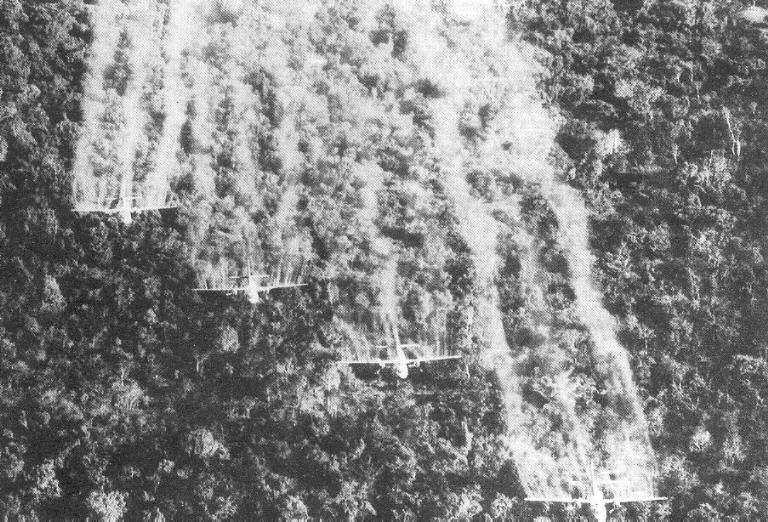US imperialism
Samuel Farber discusses Cuba’s future – but ignores the blockade

[See also Chris Slee's free pamphlet Cuba – How the workers
Libya's continuing struggle for democracy

An anti-militia protester gunned down on November 15,
The terrible legacy of Agent Orange and dioxin

US wages chemical warfare on Vietnam.
CIA and Mandela: Can the truth be told now?; Mandela and misremembering history
"One of Our Greatest Coups": The CIA & the Capture of Nelson Mandela, D
Australia’s national interest versus Timor-Leste, 1941-2006

For more on East Timor, click HERE
Uncle Sam's UN blues: Washington's anti-Cuba policy isolated -- again

Voting board for the 2012 General Assembly 2012 on resolution calling for an end to the economic, commercial and
General Vo Nguyen Giap (1911-2013): Military hero, revolutionary intellectual, environmentalist

General Vo Nguyen Giap, second from left, with Ho Chi Minh, in 1957.
Egypt’s military rulers help imprison Palestinians of Gaza

A Palestinian (right) in Rafah on the Gaza-Egypt border talks to an Egyptian s
Venezuela: A day with Nicolas Maduro

Nicolas Maduro interviewed by Spain's El Viejo Topo's Víctor Ríos and Miguel Riera, translated by by Tamara Pearson for Venezuelanalysis.com
September 26, 2013 -- Very little is known about Nicolas Maduro, president of the Bolivarian Republic of Venezuela, in Spain. [There’s] scarcely four lines, mainly contributed by the mass media which is hostile to the revolutionary process. Spain's El Viejo Topo wanted to get to know him, and the Venezuelan president accepted the interview without any hassles.


